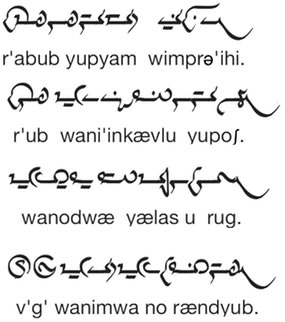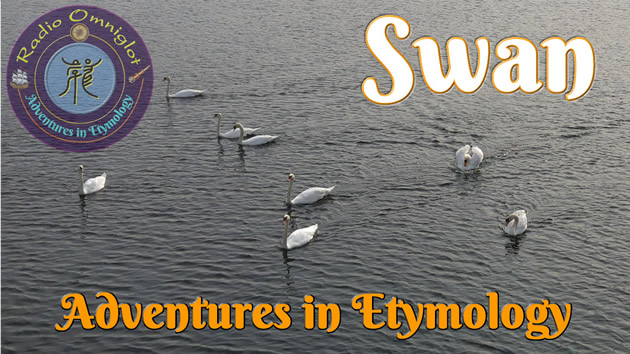Podcast: Play in new window | Download
In this episode, we discover the Celtic roots of words for garter in English and French.
The English word garter refers to a band around the leg to hold up a sock or stocking. It comes from Old Northern French gartier (garter), from Old French garet (knee, leg), from Vulgar Latin *garra (shank, calf), from Gaulish *garrā (leg), from Proto-Celtic *garros (calf, shank), possibly from PIE *ǵʰes- (hand, to take) [source].
Words in the modern Celtic languages from the same Proto-Celtic root include: gar [ɡar] (leg, shank, thigh, ham) in Welsh, garr [ɡarː/ɡɒr] (leg, stem) in Cornish, and gar [ɡɑːr] (leg, paw) in Breton [source].
Words from the same Proto-Celtic root in other languages include: jarret (hock) and jarretière (garter) in French, and possibly garra (claw, talon, hand, paw, spirit) in Spanish, and garra (shank, tail, claw) in Catalan [source].
Words from the same PIE root include chiropractor, million and surgeon in English; dorë (hand) in Albanian; paže (arm) in Czech, and pažastis (armpit) in Lithuanian [source].
Chiropractor comes from Ancient Greek χείρ (kheír – hand) & πρᾶξις (prâxis – action, activity, practice) [source]; million comes ultimately from the PIE root *ǵʰéslom (thousand) or literally “full hand” [source]; and surgeon comes from Ancient Greek χειρουργός (kheirourgós – craftsman, surgeon), from χείρ (kheír – hand) & ἔργον (érgon – work) [source]
Incidentally, the English word hock [hɒk/hɑk] (also written hough) can refer to the hollow behind the knee, the tarsal joint of an animal such as a horse or pig, and the meat from that part of an animal. It’s also the name of a type of wine from the Hochheim region of Germany [source].
See the Celtiadur post Legs & Feet for more details of words for shank, calf, leg, foot and related things in Celtic languages. I also write about words, etymology and other language-related topics on the Omniglot Blog.
Radio Omniglot podcasts are brought to you in association with Blubrry Podcast Hosting, a great place to host your podcasts. Get your first month free with the promo code omniglot.














